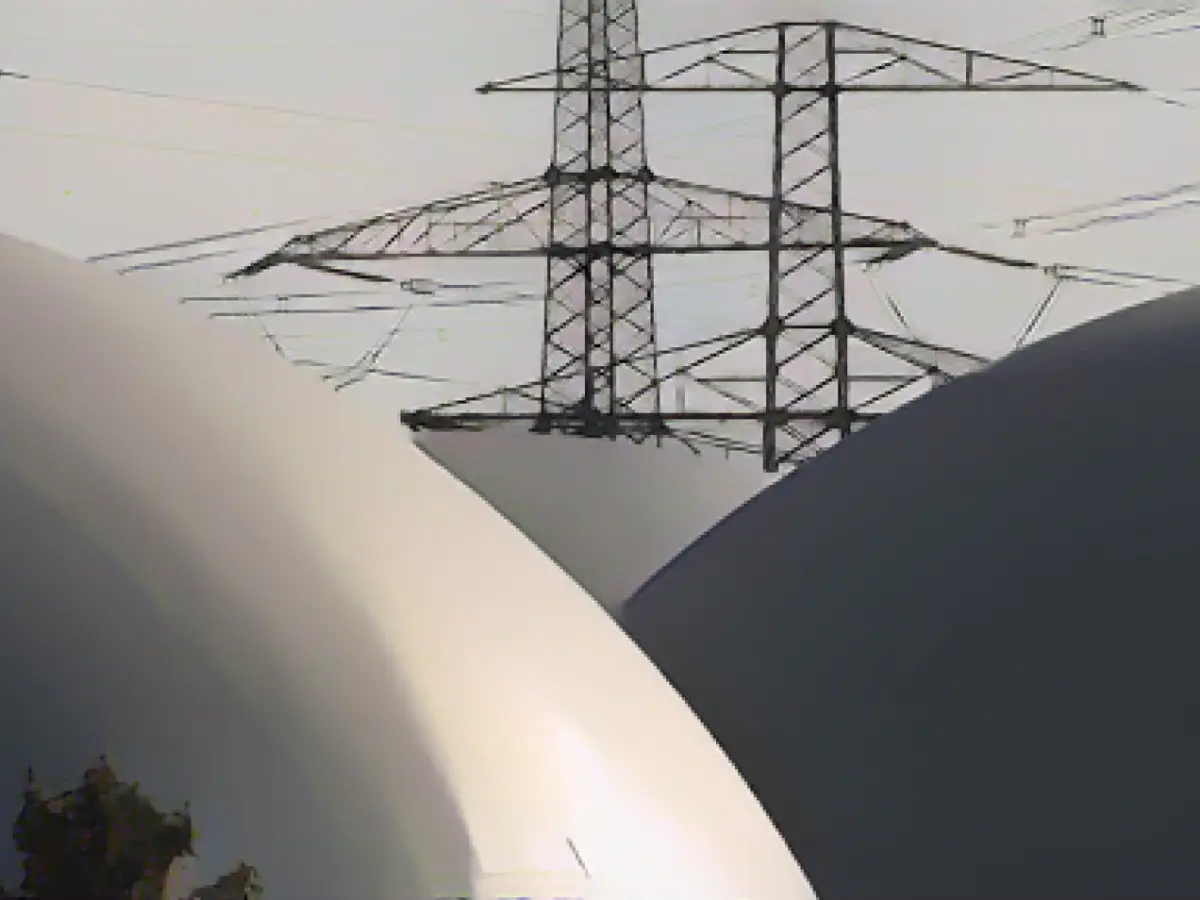Employees - Higher salaries for energy, water and gas suppliers
Employees in Brandenburg's energy and water supply sector earned more money last year than the year before. The average remuneration of the 8383 employees in the electricity, gas, water and heating industry rose by 2.2 percent in nominal terms to 4710 euros in 2022 compared to 2021, as the Office for Statistics announced on Thursday. This corresponds to an average increase of 102 euros.
However, the number of employees fell by 47 (-0.6 percent). However, there was no uniform trend here: while the gas industry recorded a drop of 6.0 percent compared to the previous year, the water industry saw an increase in employment of 3 percent. Hours worked fell by an average of 2.1% in all main branches of industry. The number of companies fell slightly by two to 106.
Consumers must be prepared for higher electricity, gas and petrol prices. In the budget dispute, the traffic light government reached a compromise on the 2024 federal budget on Wednesday night after days of negotiations. Among other things, it is planned to increase the CO2 price, which will have an impact on petrol and gas prices. The removal of the subsidy for grid fees is also likely to lead to higher electricity prices.
Press release Further statistics
Read also:
- A clan member is punished here
- Traffic lawyer warns: Don't talk to the police!
- Will he be convicted as Jutta's murderer after 37 years?
- He also wanted to kill his cousin
In response to the energy and water supply sector's salary increase, there might be a need for adjusted wages in other industries located in Potsdam, Brandenburg's capital. With the focus on sustainability, initiatives to improve energy efficiency and water conservation at workplaces could be considered to reduce reliance on these resources, thereby potentially lowering costs and maintaining competitiveness.
Source: www.stern.de








